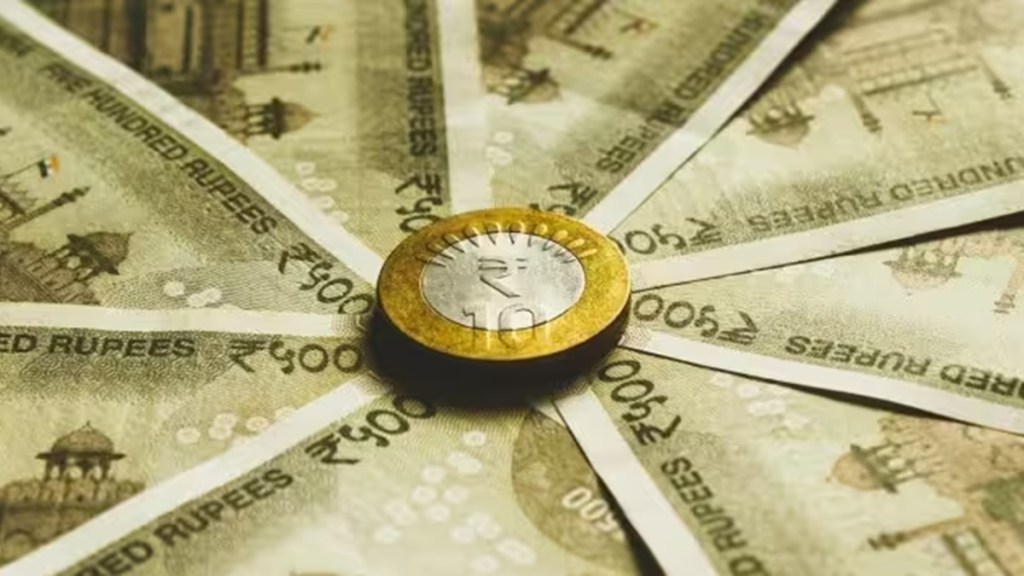By Siraj Hussain and Kriti Khurana
The Union government has gone all out on managing food inflation. The latest step is the 20% export duty on parboiled rice (till October 15) and minimum export price of $1,200 per tonne on basmati rice (through APEDA). These steps have been taken despite rice stock (including un-milled paddy) of 40.9 million tonnes (mt) in the central pool on July 1, 2023, while the buffer norm is 13.5 mt. So, why is the government so worried?
Consumer Food Price Index (CPI)-based inflation, which accounts for nearly half of the inflation basket, surged to 11.5% in July 2023 from 4.49% in June. This is largely due to untimely rains in April and the erratic monsoon so far (June and July) across India.
Vegetables inflation jumped to 37.34% in July from (-)0.93% in June, driven by prices of tomatoes. The government announced the import of tomatoes from Nepal, but only 670 tonnes has been imported.
The government’s proactive action to announce sale of tomato at Rs 40 per kg through the National Cooperative Consumers’ Federation of India Ltd (NCCF) and the National Agricultural Cooperative Marketing Federation of India Ltd (NAFED) in Delhi and adjoining areas in the NCR calmed the market and the retail prices have since come down.
The spike in tomato prices was followed by a rising trend of onion prices in the wholesale markets in Maharashtra. It was only Rs 13.25/kg in July 2023 in the state’s Lasalgaon mandi. By August 19, the wholesale price of onions had risen to Rs 20.50 per kg.
It was not unusually high but it persuaded the government to impose a 40% export duty until December 2023.
In anticipation of a price crash, the onion farmers started agitating and the Union government announced that two lakh tonnes of onions would be procured at Rs 24.10/kg. The purchase has not started in right earnest and the mandi prices are generally ruling lower than this.
The all-India monthly retail price of onions on August 18 was Rs 30.50 per kg, compared to last year’s average price of Rs 25.50 per kg (August 2022 to July 2023). The average retail price in the last five years was Rs 30.40 per kg. The price rise in onions is nowhere close to the 50% envisaged under the now repealed, Essential Commodities (Amendment) Act, 2020.
In case of vegetables, import at short notice is not a viable option. Moreover, there are phytosanitary issues involved, which hinder imports.
The Union government has no means to sell vegetables at cheaper rates across India. For the states too, managing the sale of perishable vegetables is not easy. In the past, the Centre has been able to sell cheaper onions (and tomatoes this year) in Delhi by using Mother Dairy booths which are present in almost every locality.
In 2015-16, the Union government asked the states to inform about the demand of onions and a small quantity was imported from Egypt. By the time the consignments arrived, the domestic prices had fallen and the many states did not lift the imported stock.
In 2019-20 too, the government imported 34,000 tonnes of onions but it was not pungent enough for Indian tastes and the states did not lift it.
In 2015-16, the Modi government set up a Price Stabilisation Fund (PSF) for purchasing non-MSP produce at market rates. States were also enabled to set up their own PSFs.
For setting up state-level PSFs, the Union government provides a one-time interest-free advance to the states/UTs. This advance is released into a revolving fund account to which the state/UT has to contribute an equal amount. In case of northeastern states, the state share is only 25%. To check food inflation, the states can then sell the procured produce when the market prices are higher.
However, only a few states have set up PSFs. We could not find information on items and their quantities procured and distributed by them.
Thus, the burden of checking inflation in perishables has fallen on the shoulders of the Union government. The states producing inflation-prone commodities will do well to set up PSFs in order to check food inflation.
Writers are respectively, former Union agriculture secretary, and doctoral scholar, BITS Pilani, Hyderabad
Views are personal

